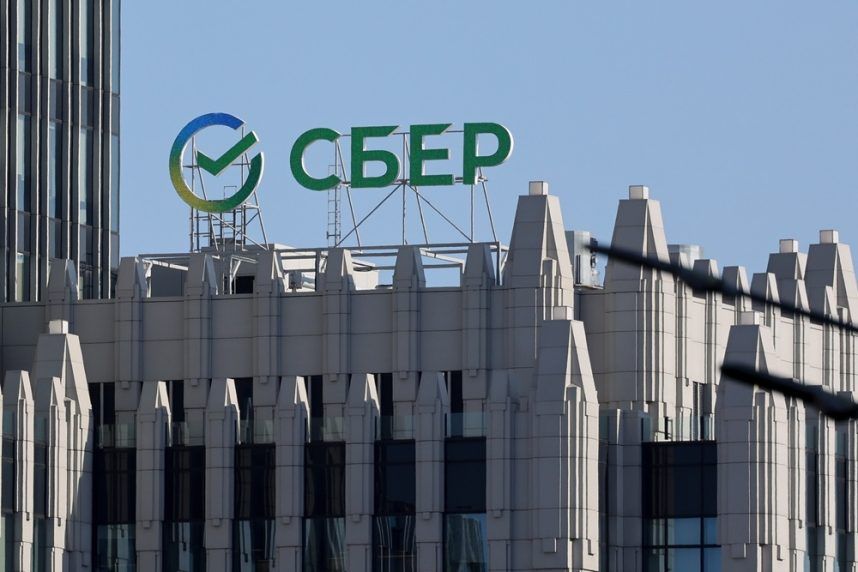


Posted on: March 14, 2024, 06:25h.
Last updated on: March 15, 2024, 11:20h.
The UK Gambling Commission (UKGC) failed to disclose to lawmakers that Allwyn, its chosen bidder for the £80 billion (US$100 billion) UK National Lottery contract, had outstanding loans from Russian state-owned banks, The Guardian reports.

Czech company Allwyn took over the reins of the lottery on February 1 this year. The company won a hard-fought bidding war against rivals that included Camelot, which had operated the lottery since its 1994 inception.
Toward the end of that process, in February 2022, Allwyn told the UKGC that it had loans totaling £545 million from Kremlin-owned Sberbank and VTB, which it intended to repay.
This was in the same month that Russia launched its invasion of Ukraine and four days after VTB was sanctioned by the UK government.
Allwyn repaid the loans in March 2022, which was after the UKGC announced it as the winning bidder.
Moreover, in 2016, Allwyn’s owner, the Czech billionaire Karel Komárek, built an underground gas storage facility in the Czech Republic. The project was a 50-50 partnership with the state-owned Russian energy giant, Gazprom.
The company promised the UK government it would sever ties with Gazprom before taking over the lottery contract.
Allwyn announced it had reduced Gazprom’s interest in the venture to 3% on February 16 — 16 days after commencing lottery operations — and would reduce that holding to zero by the end of the year.
There’s no suggestion of wrongdoing on behalf of Allwyn regarding the bank loans, which were properly disclosed and had been secured before Putin’s invasion of Ukraine. Likewise, it wasn’t illegal to do business with Russia before the sanctions imposed after the invasion.
Labour MP Clive Efford told The Guardian last week he was mystified that the UKGC didn’t mention the loans during an evidence session with lawmakers in June 2022, implying that it could have affected Allwyn’s bid.
It is unacceptable that the commission chose not to inform us that it knew Allwyn had loans from two banks linked to the Russian state at the time that they selected it as their preferred bidder for the UK lottery,” Efford told The Guardian. “From this evidence, it is clear that the Gambling Commission failed to give full and frank answers when questioned about what it knew of Allwyn’s links to Putin’s Russia,” Efford added.
Losing bidders, including Camelot and its technology provider IGT, sued the UKGC after it awarded the lottery to Allwyn, claiming the process was flawed.
Allwyn has complained that the litigation disrupted the handover process, which means it won’t be able to deliver its promised contribution to good causes in the first year of operations.
The contract was largely awarded to Allwyn because it pledged to donate more money to charitable causes than its predecessor.